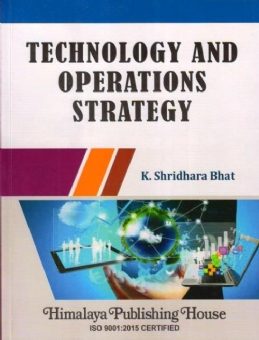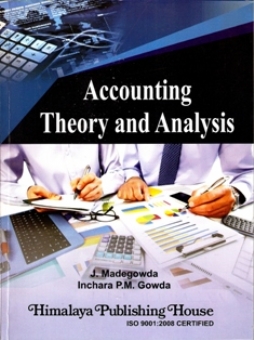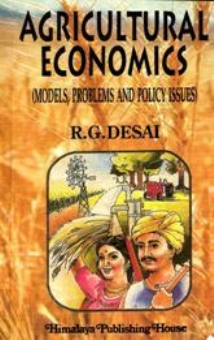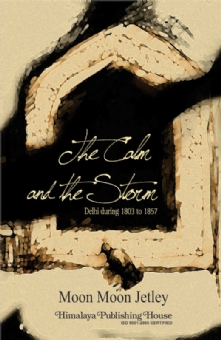Every organisations makes a product – tangible goods or intangible services. At the heart of the organisations in the set of operations that makes the product. Operations management considers the way in which the set of operations are designed, planned, organized and controlled. It shows how to convert a variety of inputs into useful products (outputs).
Organisations have put much more emphasis on operations management which includes modern manufacturing technologies and operations strategy. Reasons for stressing the importance of operations management include global completion, improved manufacturing processes, more emphasis on product quality and changing customers expectations.
Operations management designs, operates and improved productive systems – systems for getting the workdone. Creating a competitive advantages through operations requires an understanding of the modern manufacturing technologies and operations strategies contribute to the improvements in product quality and productivity of operations.
Technology drives productivity and also drives changes in this world. Technological changes is a major factor in gaining competitive advantage. Technology is a significant ingredient in virtually all productions and operations management decisions. Advances in computer technology (both hardware and software) automation, robotics, lasers, information and communication technologies, Artificial Intelligence and Machine Learning, Industrial Internet-of-Things, Closed Computing, 3’D’ printing etc., have has a broad-reaching impact across industries.
Production/operations strategy is a long-range functional strategy or an action plan for the production of a company’s products/services and provide a road map for what the production/operations function must do to achieve the business objectives or goals.
The challenge for Production/Operations managers is not just to improve their firm’s operations to achieve operational effectiveness, but also determine how operational effectiveness can be used to achieve a suitable competitive advantage.
An operations strategy includes all the strategic decisions made by operations managers. It form a link between the strategic plans and the final products. The operations strategy is concerned with matching what the organisation is good at with what the customer wants in terms of quantity, quality, cost and speed of delivery.
This book is organized according to the syllabus for 3rd Semester of MBA program of Visvesvaraya Technology University (VTU). The book comprises of six modules. Module 1 provides an introduction to Production and Operations Management, Module 2 deals with Process Management and Process Mapping, Module 3 gives an overview of Lean Manufacturing, Module 5 discusses Total Quality Management (TQM) – Elements and Tools and Techniques such as Benchmarking, Failure Mode and Effect Analysis, Quality Function Deployment, Taguchi Loss Function, Quality Circles and Total-Productive Management Systems, Six-Sigma Quality, Supply chain Management Basics etc. The book features Exhibits, tables and boxes for illustration and also review questions for the readers to find answers from the topics discussed in this book.
Contents –
1. Introduction to Production and Operations Management
2. Process Management Mapping
3. Lean Manufacturing
4. Production Systems
5. Total Quality Management (TQM)
6. Quality Systems






